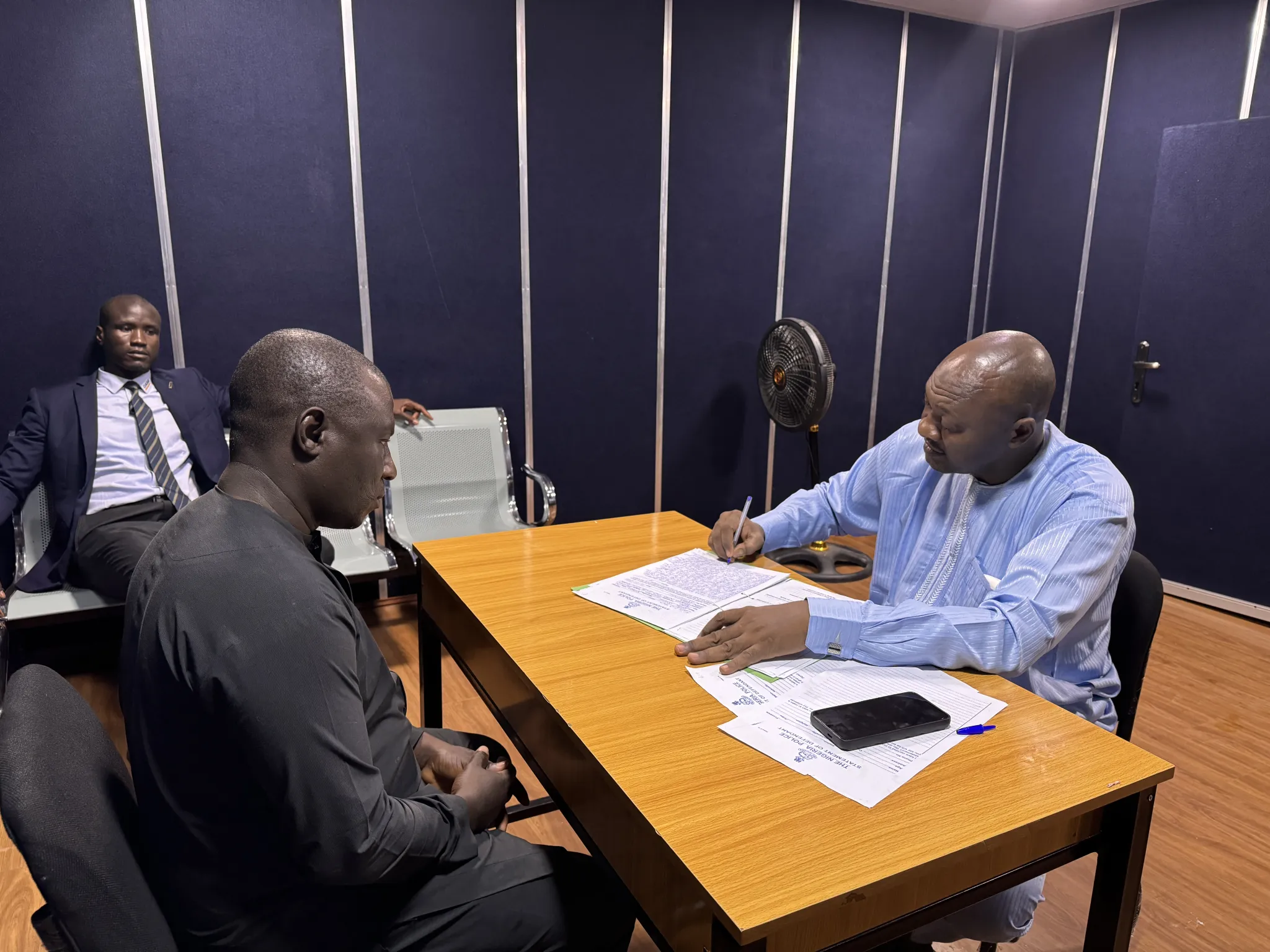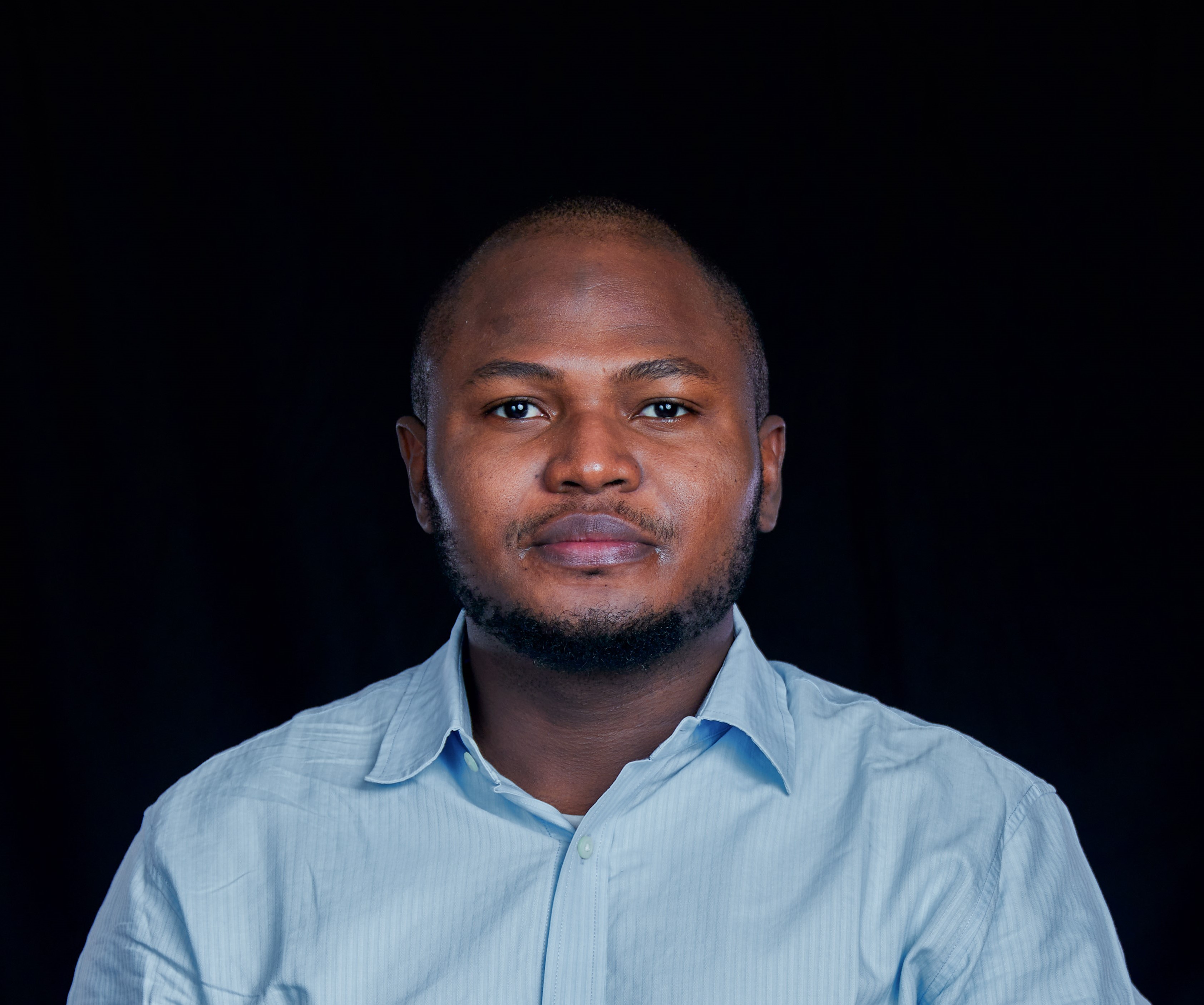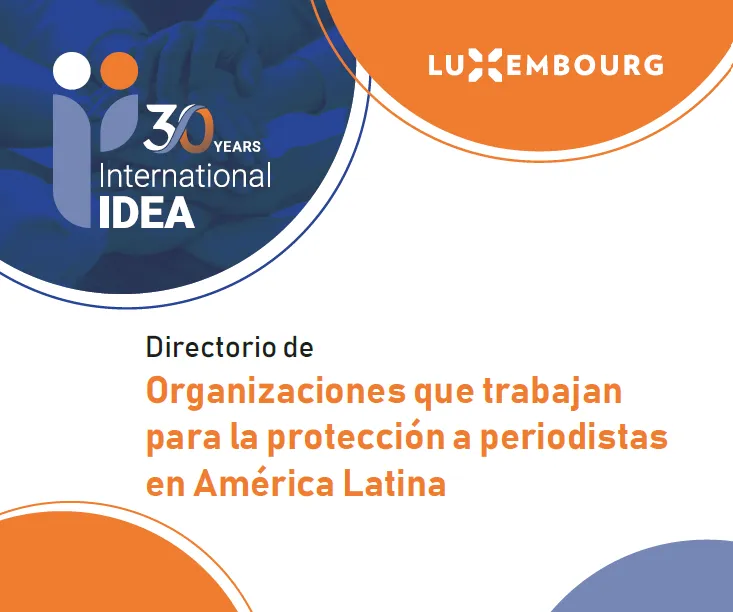RoLAC is improving police statement-taking processes in Adamawa State, Nigeria

However, there are cases of presumed coercion and alleged police brutality, accusations of the blatant refusal to allow legal representation of detainees, among a gamut of circumstantial concerns that oftentimes thwart legal proceedings and compromise evidence processes. The procedural flaw that has marred this process for years now not only impedes the clinical dispensation of justice but has also eroded significant public trust in law enforcement. Since phase, we have been working painstakingly with the Nigerian government and relevant authorities to improve these systems and processes. For example, in Adamawa State Criminal Investigation and Intelligence Department (CIID) Yola, Nigeria, citizens are beginning to reap the benefits of these systems and processes, which will, in turn, build trust in law enforcement procedures.
Musa Alhaji Gide’s Story:
Musa Alhaji Gide, a young man from a small village called Wuro-Yanka in the Shelleng local government area of Adamawa State, found himself at the centre of a deep, heated, litigious matter. Musa had been accused of a crime of which he has consistently denied. At the start of the case, he had faced what would traditionally be an intimidating and isolating interrogation at his detention centre.
Previously, Musa would have been subjected to the traditional methods of statement-taking, which were often fraught with significant challenges. These included being held in isolation without the presence of legal representation, which left suspects vulnerable to coercion and undue pressure. The process was neither transparent nor documented, leading to potential manipulation of statements. Suspects often felt immense fear and anxiety, knowing they had little support or protection during the interrogation. However, Musa's story took a different turn thanks to the presence of a Standard Statement-taking Room, which we had helped the police establish in the past.
Being in the Statement-taking room, where the process was digitally recorded, provided a layer of security and transparency. "Previously, without digital recordings, it was difficult to challenge any discrepancies or coercion claims made during the interrogation process. Now, with everything recorded, there's a clear and unalterable record. This ensures that the suspect's rights are protected, and the process remains fair and just," Barrister Pam added.
The project’s goal extends beyond modernising interrogation methods; it seeks to humanise them. Officers received training on the new protocols, emphasising the importance of treating suspects with dignity and respect. This shift is not merely about legal compliance but about instilling a culture of empathy and fairness within the criminal justice system.
Det. Joel, a seasoned officer, observed the positive impact thus: "I've witnessed many changes over the years, but this is the most significant. Recording statements digitally and allowing lawyers or suspects’ relatives to be present have not only helped in increasing transparency but also transformed our interactions with suspects. It reminds us that every suspect is a human being like us."
The success of the statement-taking room underscores the project's dedication to enhancing the criminal justice system. By prioritizing suspects' rights and dignity, this initiative sets a new benchmark for interrogation practices. The positive outcomes are already evident, with other law enforcement agencies devising a means to adopt the process.




